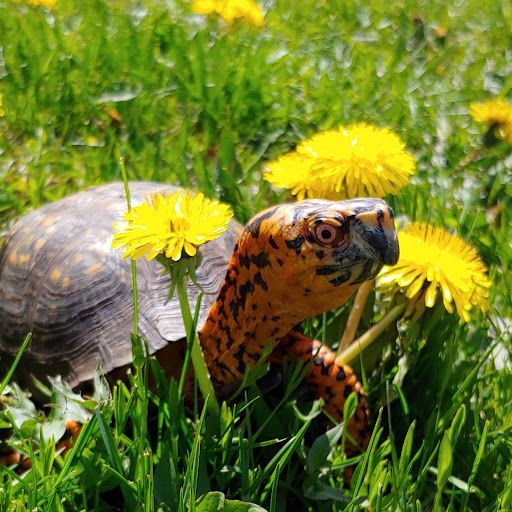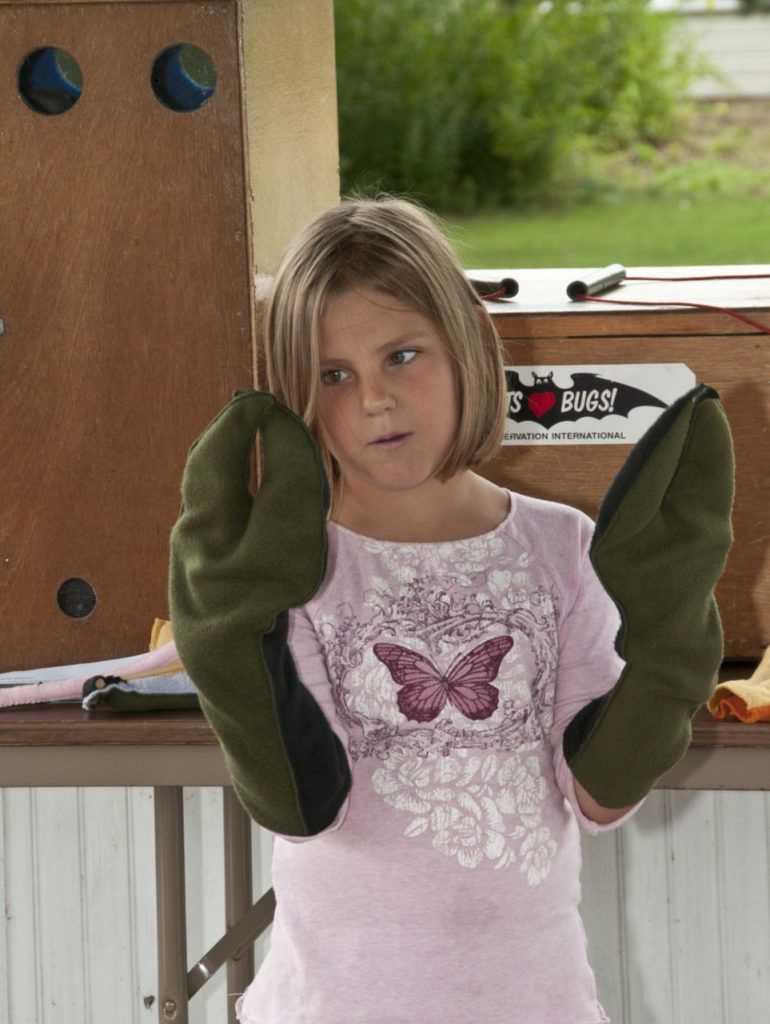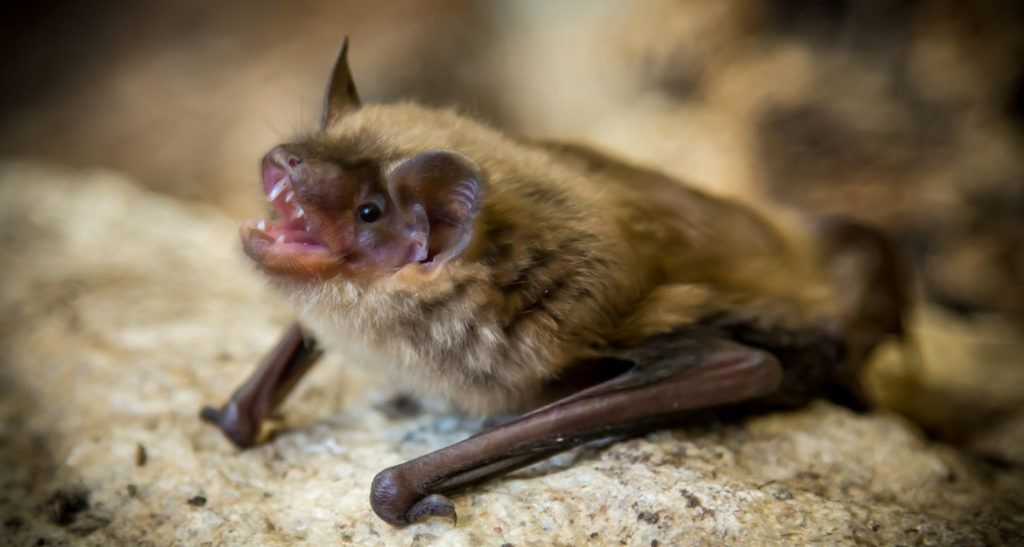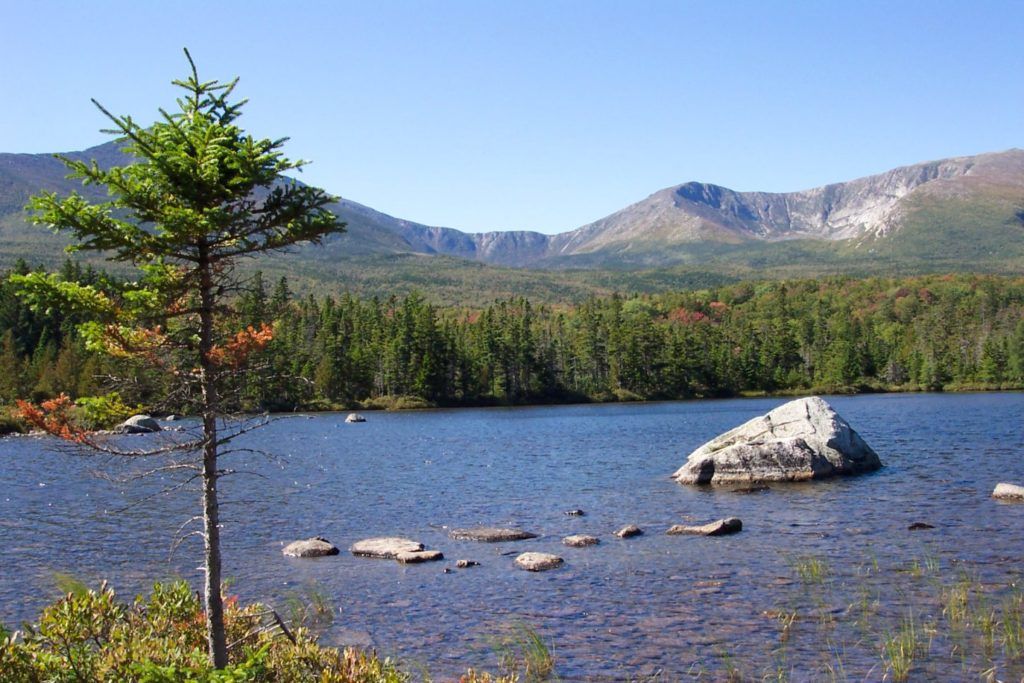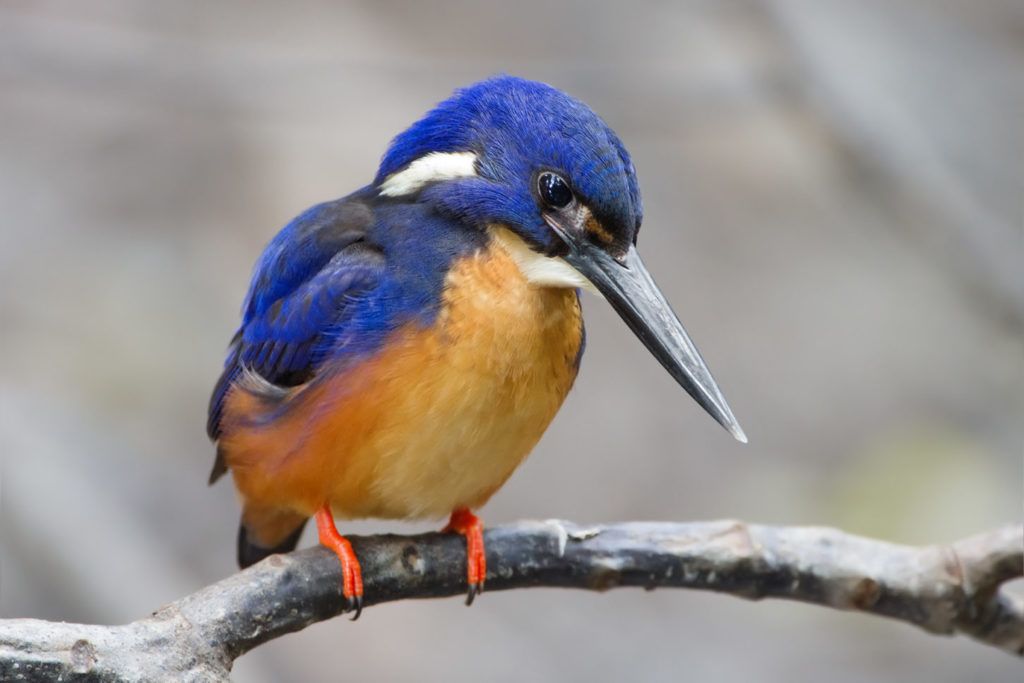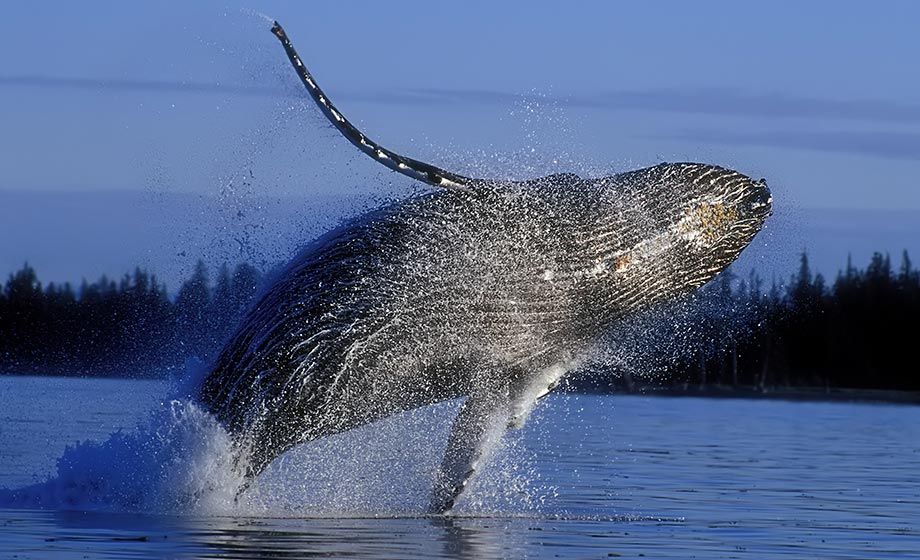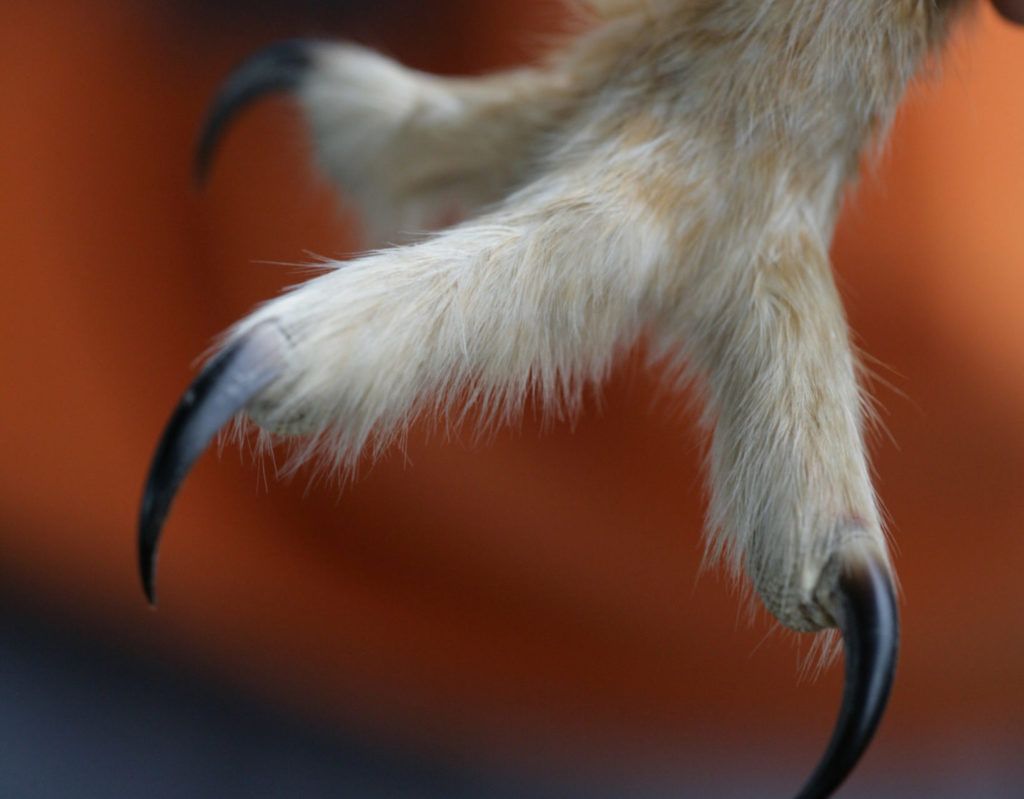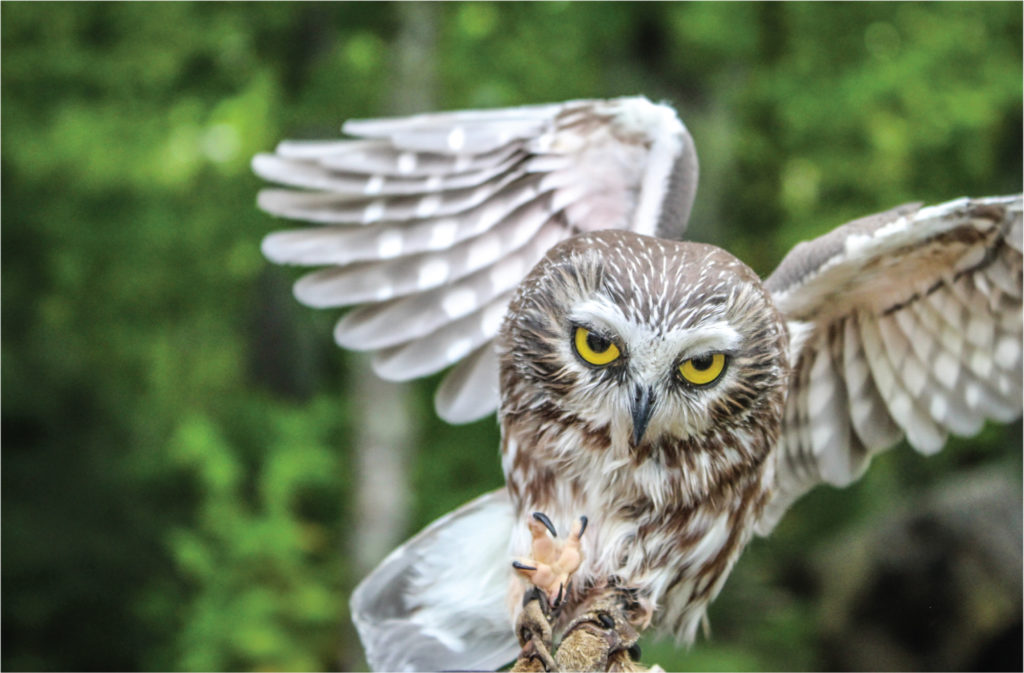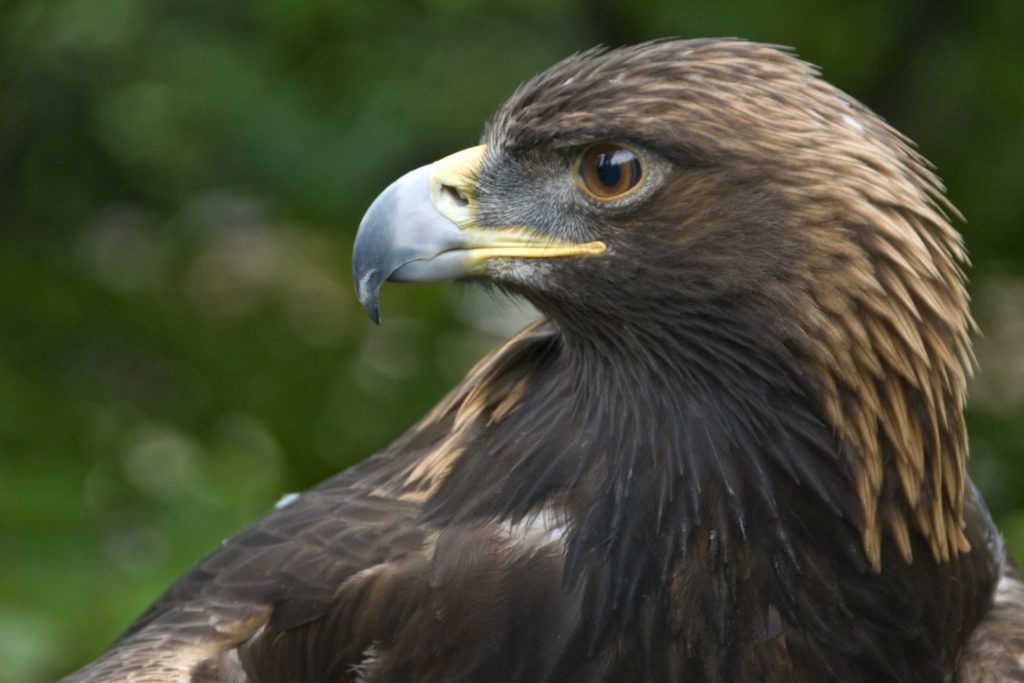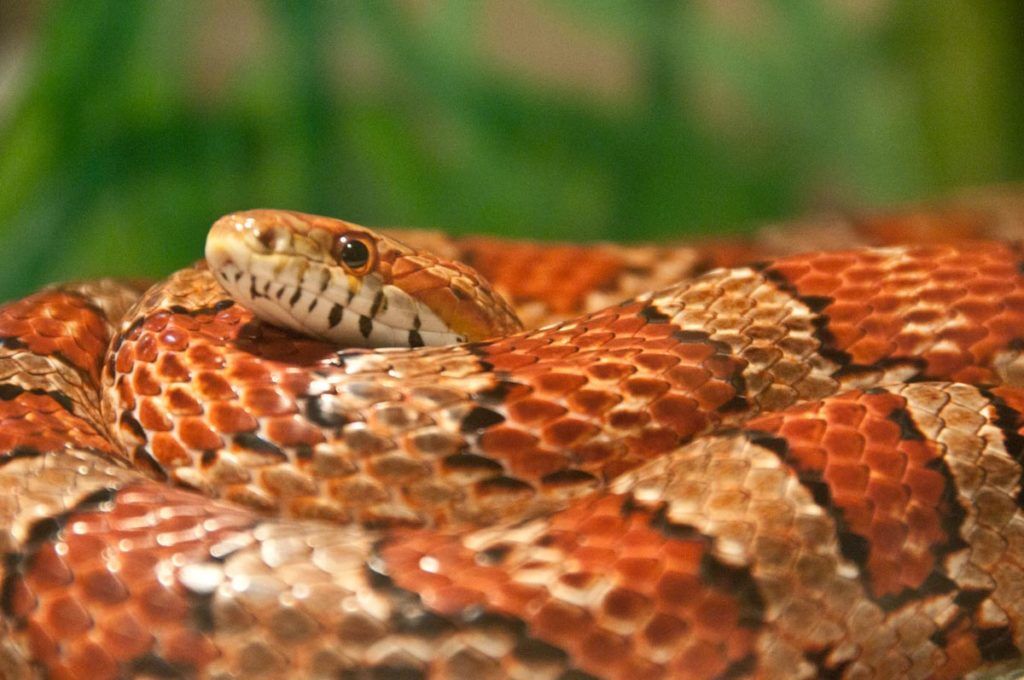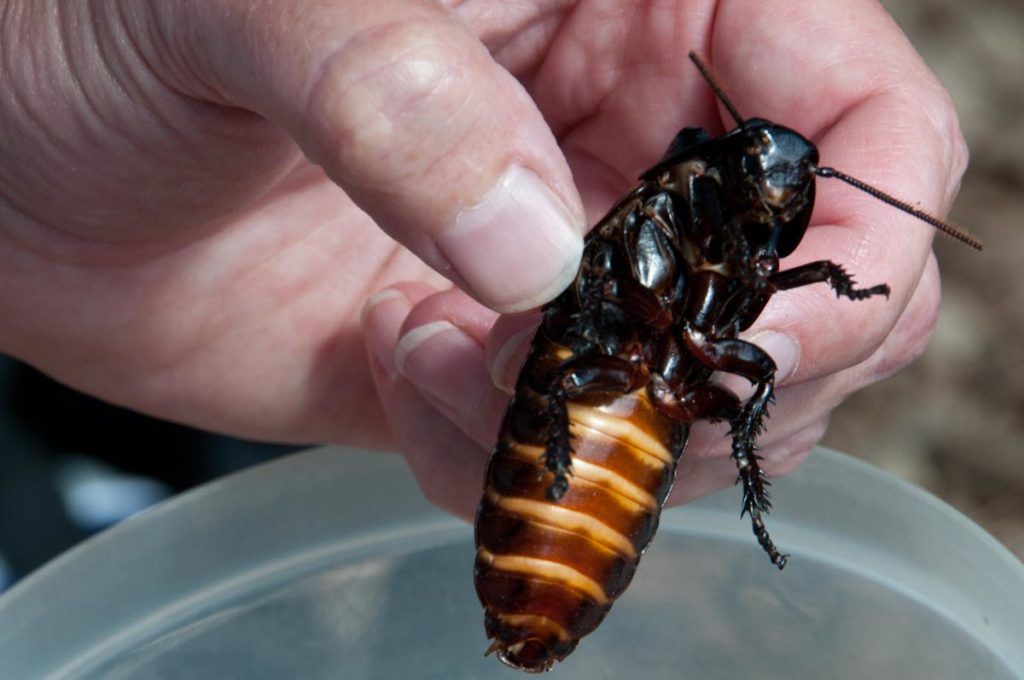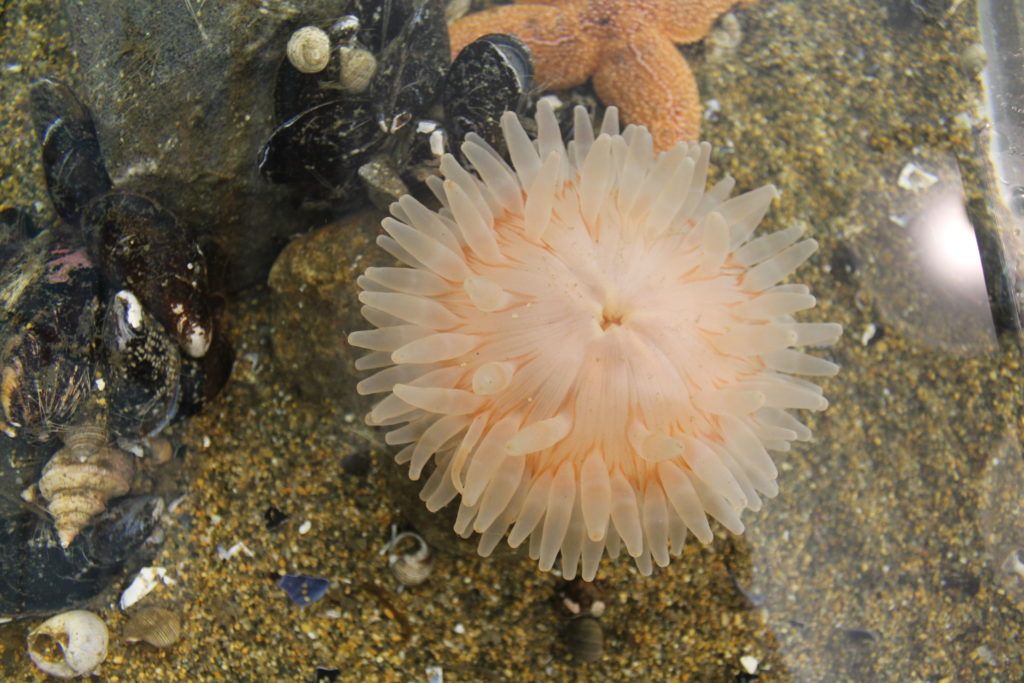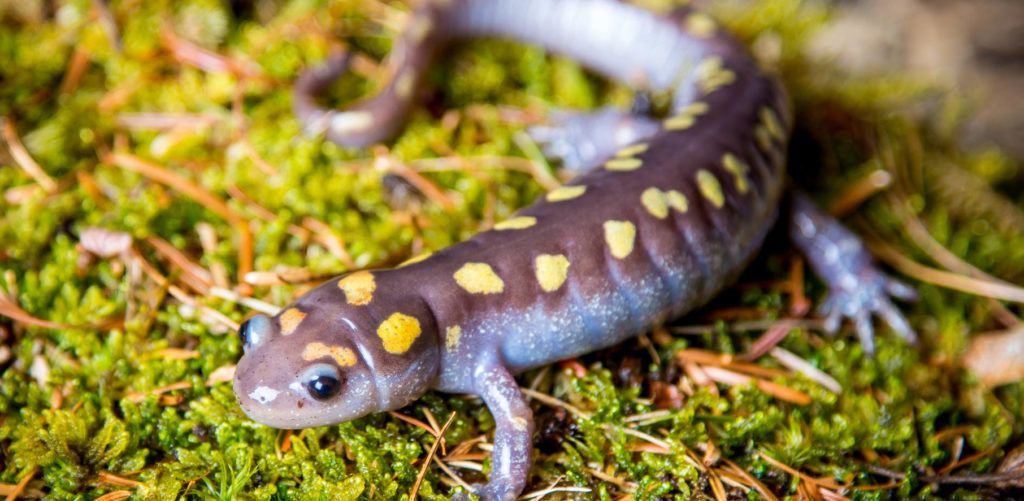
StarLab: Discover the Night Sky
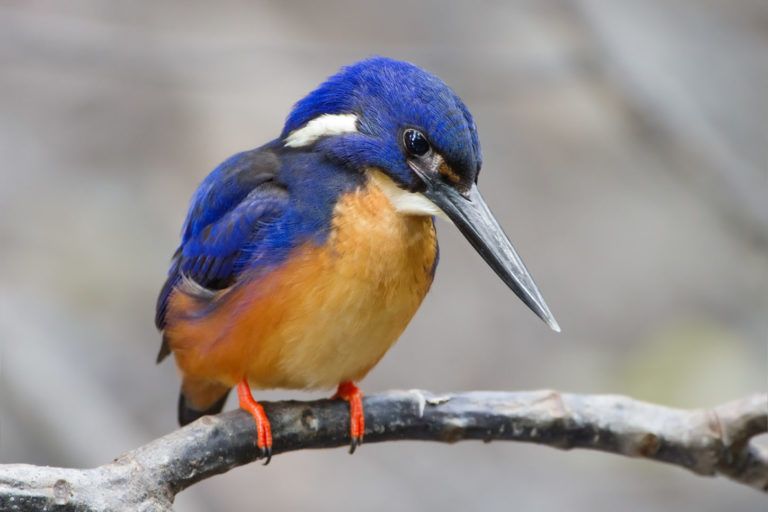
Biomimicry
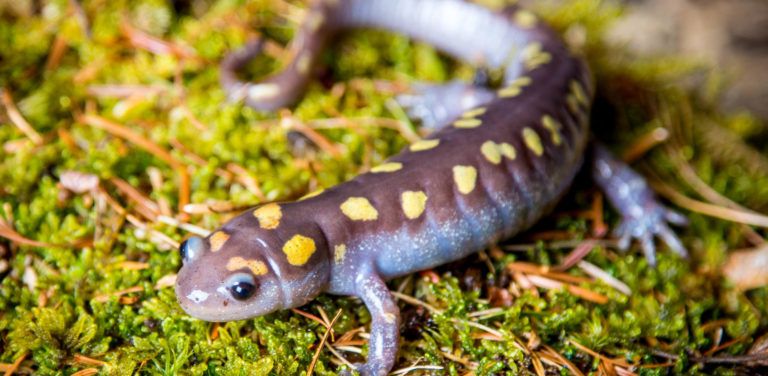
Vernal Pools
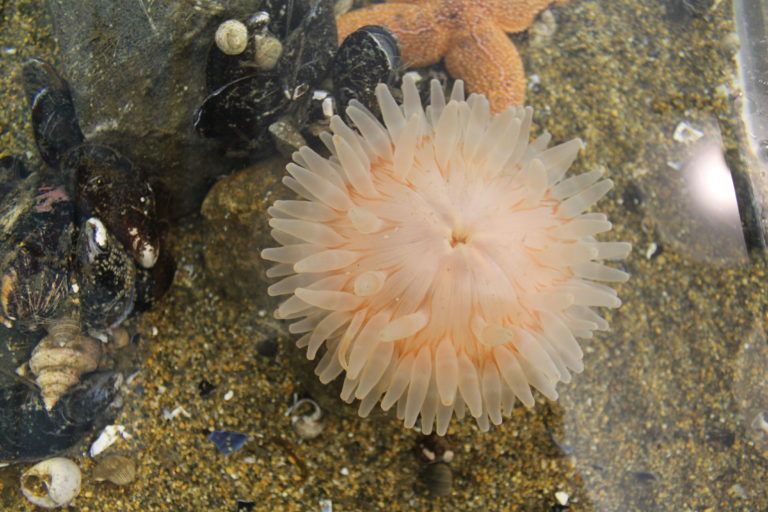
Tide Pools
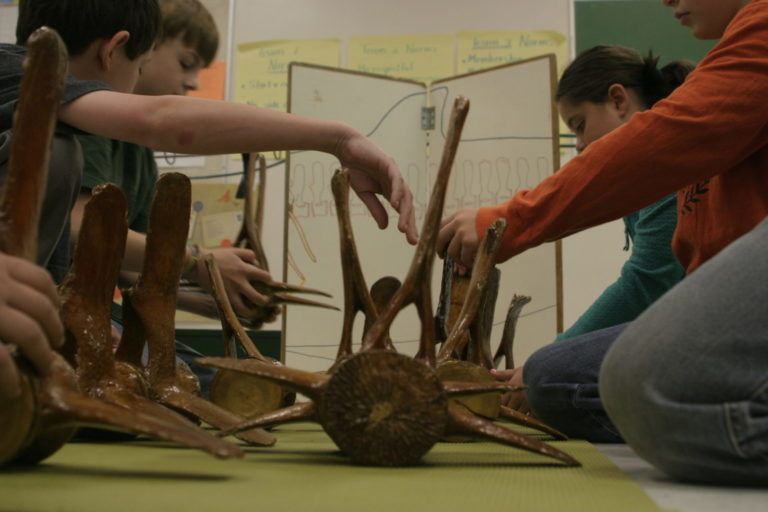
Skeletons
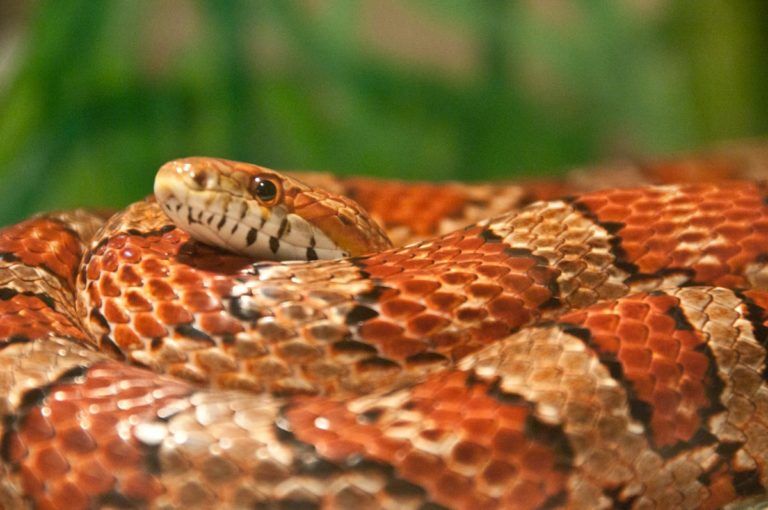
Scales & Tails
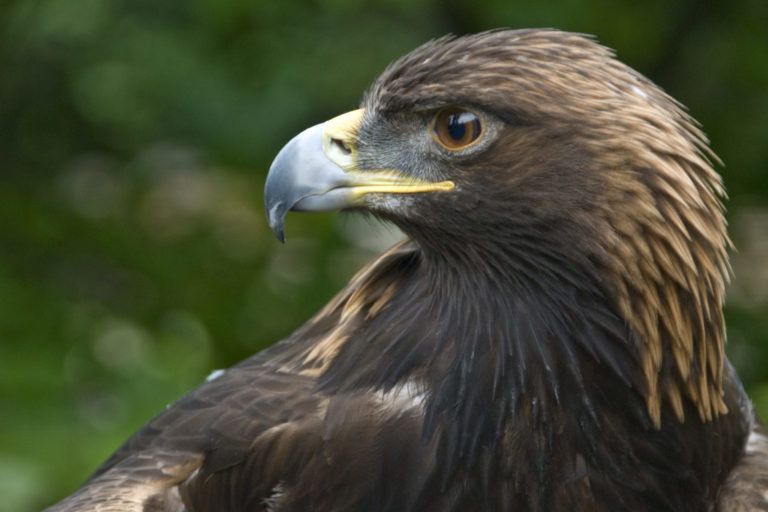
Predators
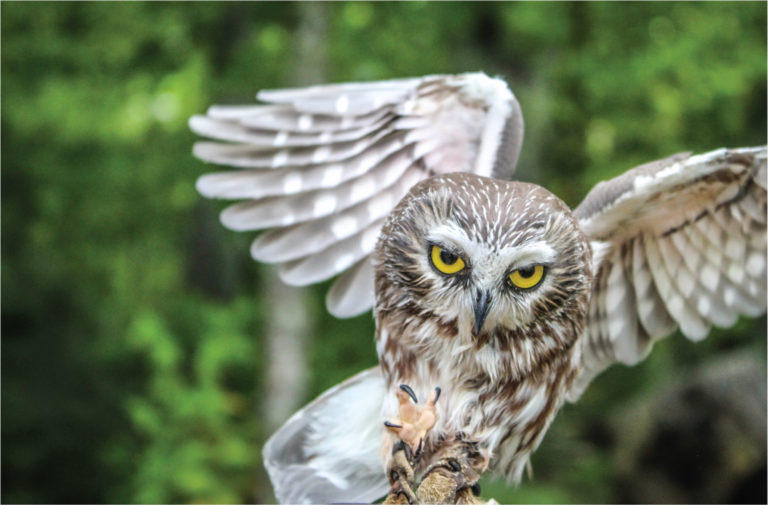
Owls of Maine
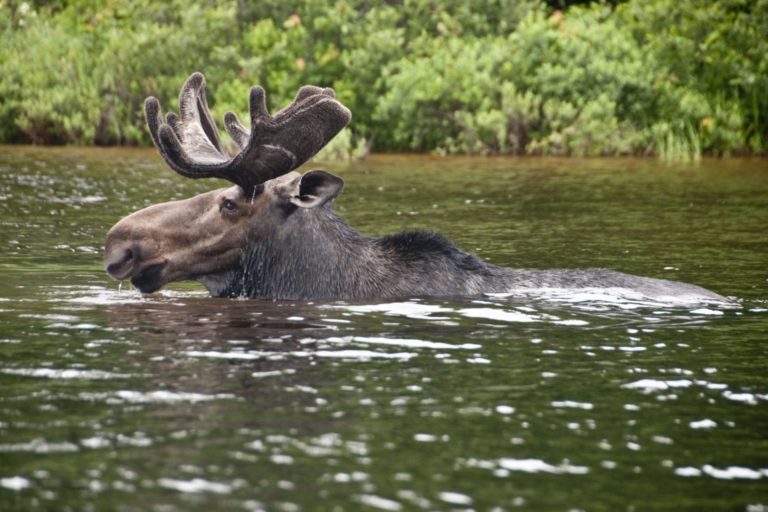
Mammals of Maine
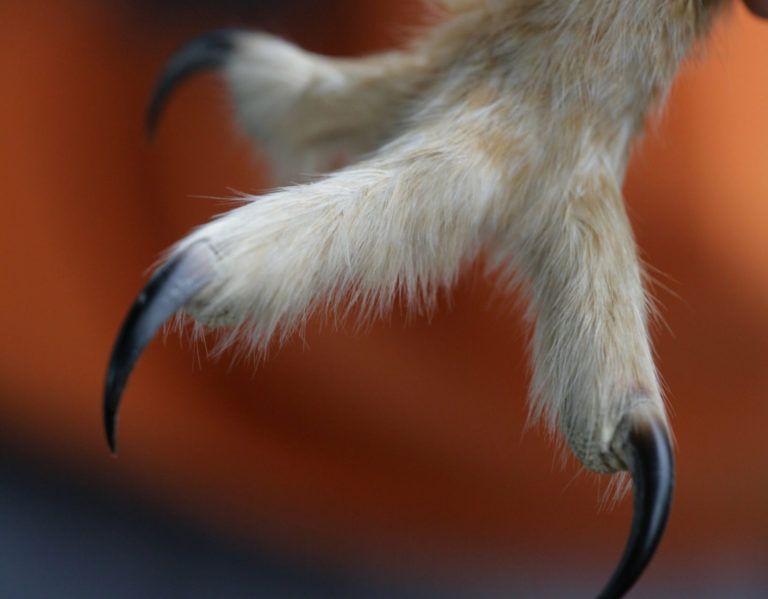
Fur, Feathers & Feet
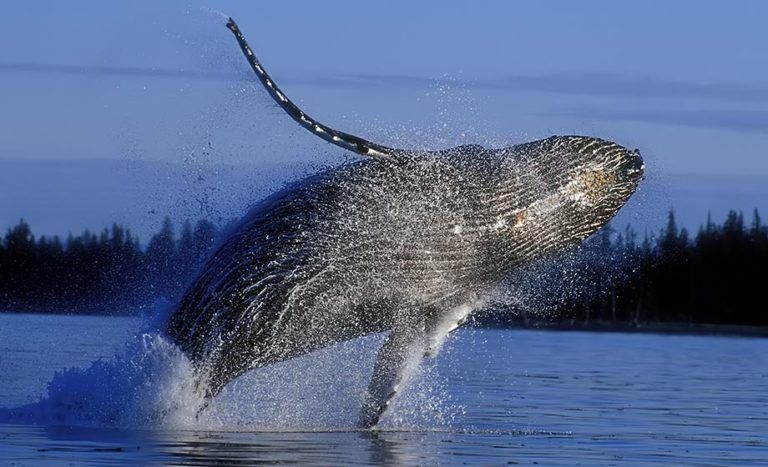
Fins and Flippers
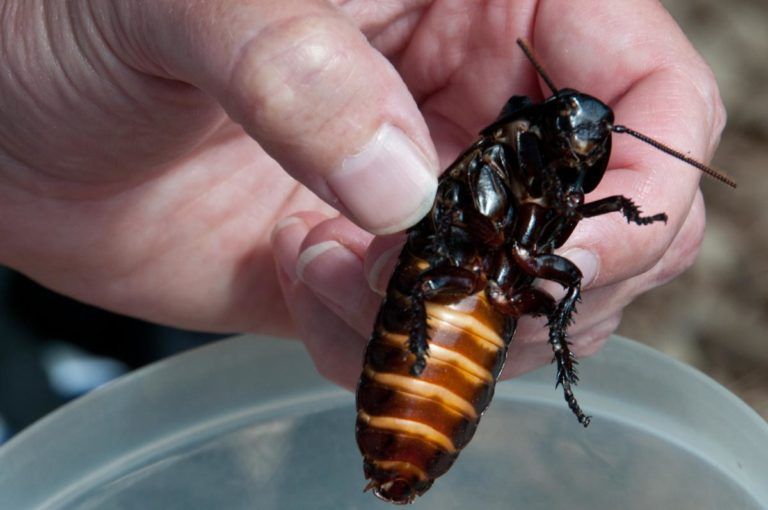
The Bugmobile
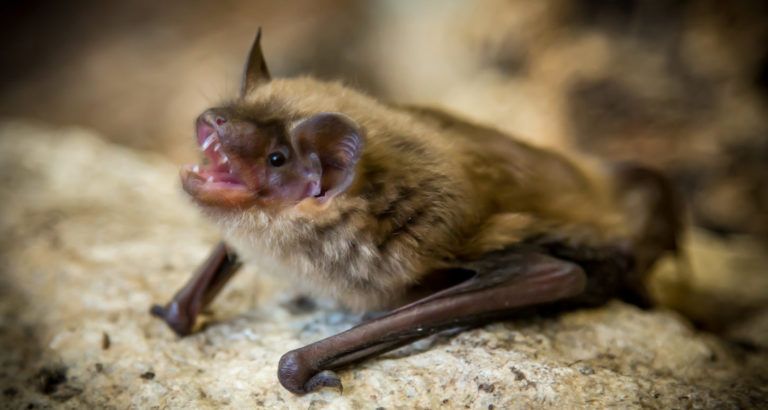
Bats of the World
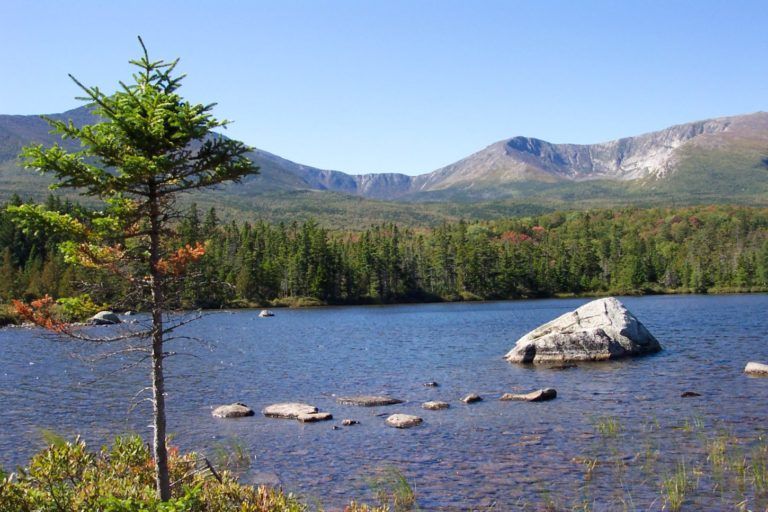
Biomes
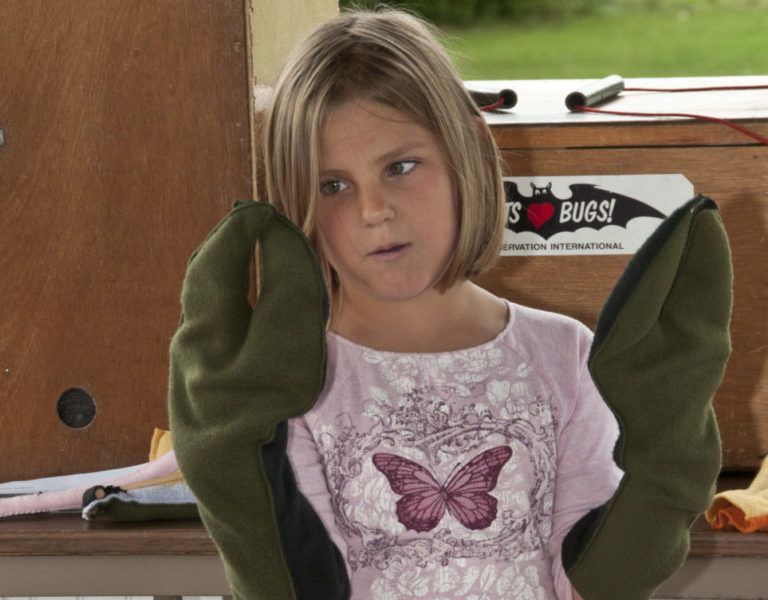
Animal Adaptations
Learning Comes Alive with a Chewonki Natural History Presentation
We provide live, interactive experiences for your students, patrons, or private group as we explore intriguing animals and natural phenomena. Our team of science educators will join your group with one of 17 different captivating presentations full of live animals, rare specimens, and engaging activities that will spark curiosity and wonder in participants of all ages.
Upcoming Public Events:
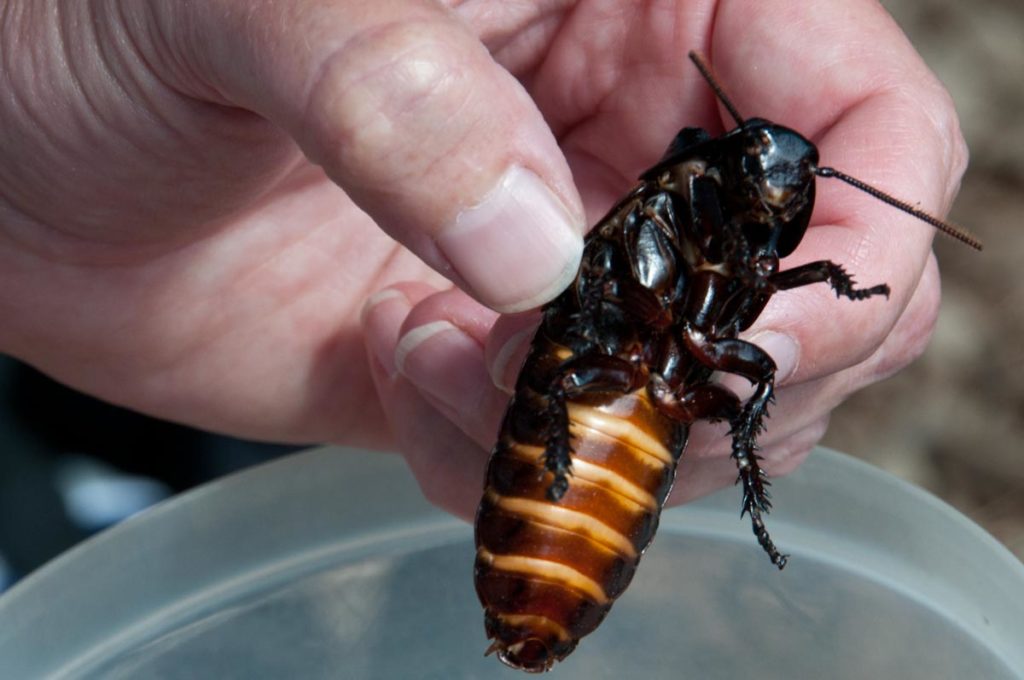
March 5: The Bugmobile
Is a bug an insect? Is a spider a bug? These questions and many more are answered in The BugMobile, bringing the world of arthropods – insects and their relatives, into your classroom. We look at the forms and functions of different groups of arthropods and explore many fascinating adaptations essential for survival such as mimicry, camouflage, armor and venom. The program includes live specimens, displays, models and activities to visually examine and understand the unique characteristics of these amazing creatures. Hosted by the Underwood Memorial Library in Fayette, ME
Learn More:
Since 1985, Chewonki has been home to a collection of ambassadors. Birds, reptiles, mammals, and amphibians arrive at our campus with injuries or conditions that prevent their return to the wild. Our teachers are extensively trained and take deep pleasure in making connections with students, and in passing on a lifelong appreciation for the value of wildlife and nature.
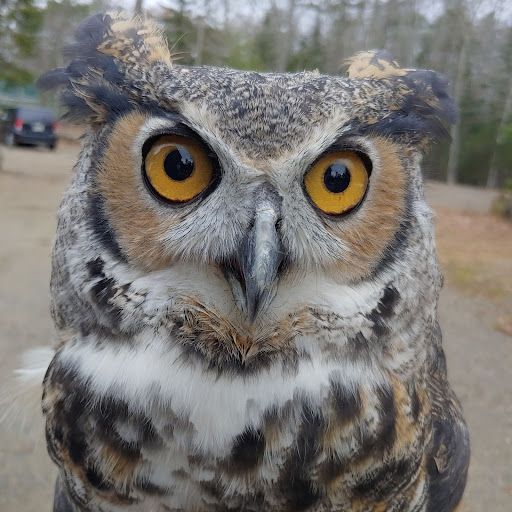
Our programs will help you enhance the environmental literacy of your children, students, or community members. They will spark interest and appreciation for sciences, wildlife, and conservation.
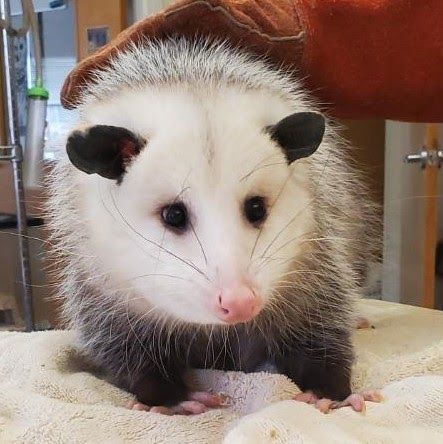
With support from business partners, we’re working to keep our Traveling Natural History Programs accessible and affordable for schools and companies like yours. Let us know how we can provide these high-quality programs for your school, library, organization, business, or seasonal program.
